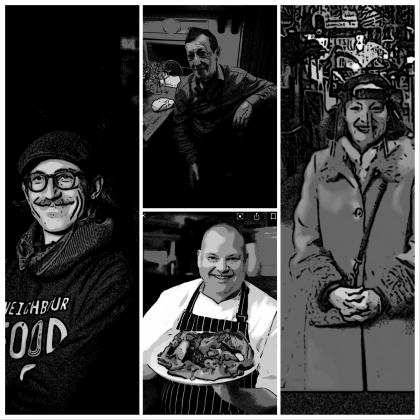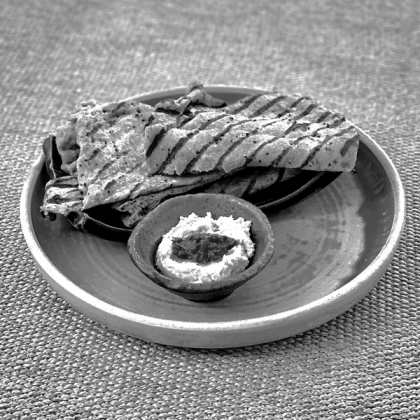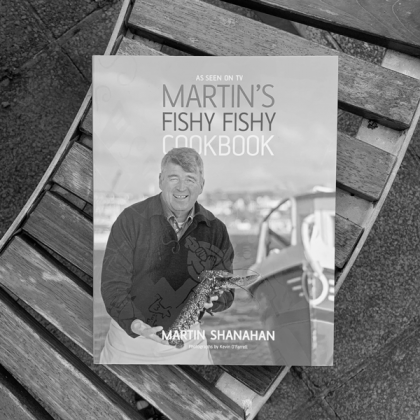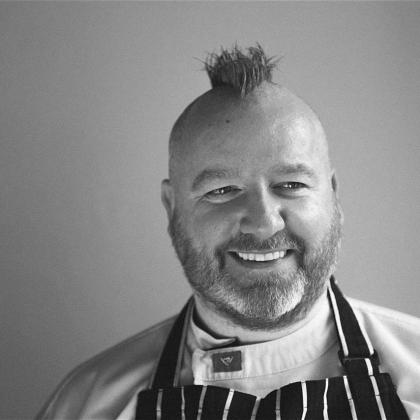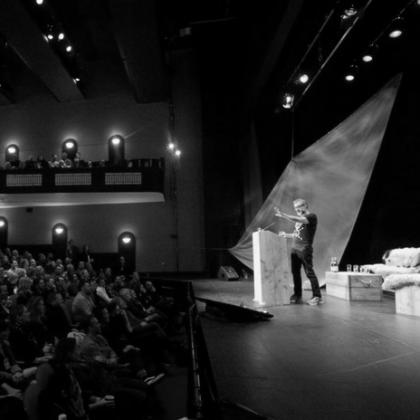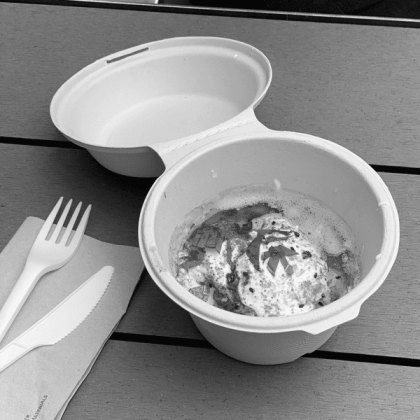An interview with Hervé This, the French chemical physicist who is one of the creators of “molecular gastronomy” in the FT makes interesting reading.
If he were a young man, says This, he would today shun molecular cooking, and instead try to create using “note by note” cuisine: “A carrot is made up of molecules, like notes in a musical chord. Traditionally, if you cook carrots and turnips together, you have two chords”.
Only a Frenchman could come up with such utter bull, and say it with a straight face.
But if This is given to talking nonsense, he is also wise enough to recognise what animates great cooking, and it ain't molecular structures and musical turnips:
“The fact is that cooking is about giving people pleasure. Why did our grandmothers give us good food to eat? Technically, they were simply yokels. I had two grandmothers. One made delicious food, she spilled over with love. We weren't eating proteins, lipids and glucides, we were eating my grandmother's love. The other was thin, unloving, she couldn't give other people pleasure and she was an awful cook. Eating is also about relationships”.
Thank the stars for all those yokel grannies, who could make culinary music without worrying about the molecular structure when they combined the petits pois with the carrottes vichy.
And time once again to realise that a scientist in the kitchen is nothing more than a bull in a china shop, with the honorable exception of the saintly Harold McGee, of course.
If he were a young man, says This, he would today shun molecular cooking, and instead try to create using “note by note” cuisine: “A carrot is made up of molecules, like notes in a musical chord. Traditionally, if you cook carrots and turnips together, you have two chords”.
Only a Frenchman could come up with such utter bull, and say it with a straight face.
But if This is given to talking nonsense, he is also wise enough to recognise what animates great cooking, and it ain't molecular structures and musical turnips:
“The fact is that cooking is about giving people pleasure. Why did our grandmothers give us good food to eat? Technically, they were simply yokels. I had two grandmothers. One made delicious food, she spilled over with love. We weren't eating proteins, lipids and glucides, we were eating my grandmother's love. The other was thin, unloving, she couldn't give other people pleasure and she was an awful cook. Eating is also about relationships”.
Thank the stars for all those yokel grannies, who could make culinary music without worrying about the molecular structure when they combined the petits pois with the carrottes vichy.
And time once again to realise that a scientist in the kitchen is nothing more than a bull in a china shop, with the honorable exception of the saintly Harold McGee, of course.

